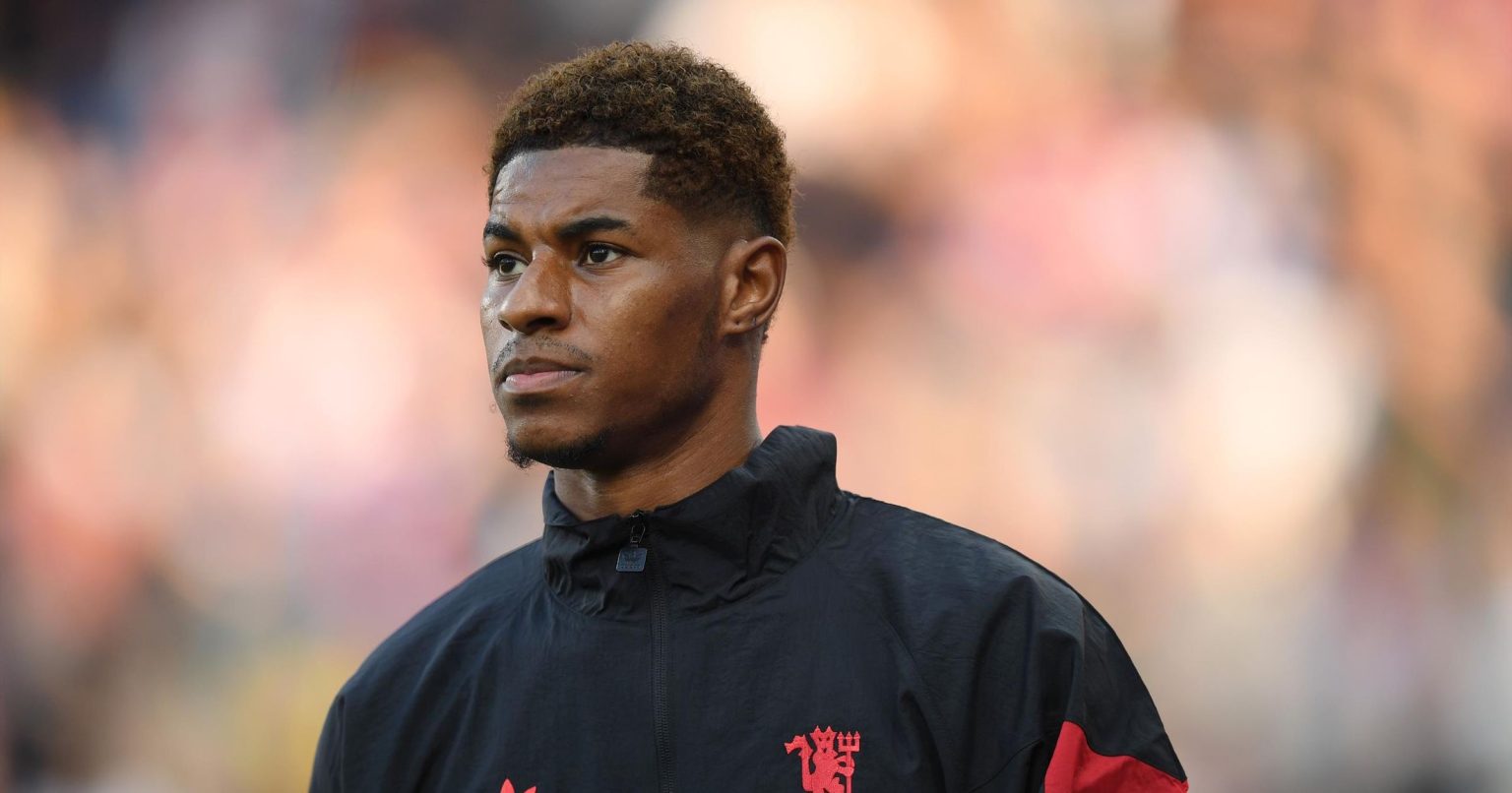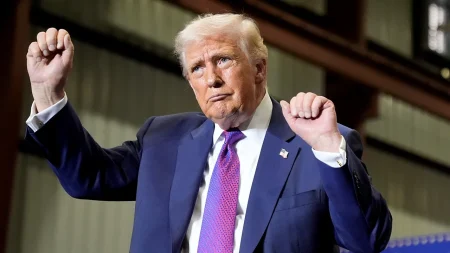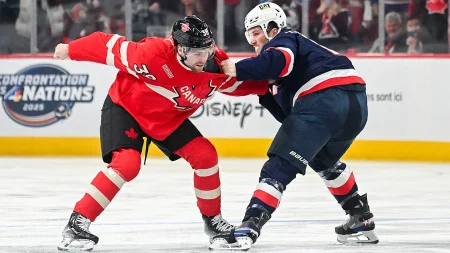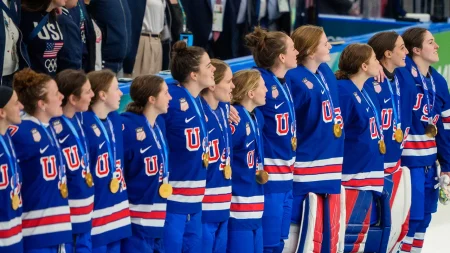Mohamed Salah’s contract saga with Liverpool Football Club has been a rollercoaster of emotions, marked by periods of uncertainty and optimism, ultimately culminating in a renewed commitment to the Anfield faithful. Initially, the Egyptian forward felt undervalued and unwanted, believing the club lacked genuine interest in extending his contract beyond its June 30th expiration. This perception stemmed from a perceived lack of communication and concrete offers from Liverpool’s management, leaving Salah with the distinct impression that his departure was imminent. The striker, widely regarded as one of the world’s premier attacking talents, naturally sought assurances and a contract that reflected his immense contributions to the club’s recent successes. This period was characterized by speculation and anxiety among fans, who feared losing one of the key architects of Liverpool’s resurgence under manager Jürgen Klopp.
The narrative, however, took a dramatic turn in recent weeks. Liverpool, recognizing the potential void Salah’s departure would create, initiated a renewed and concerted effort to secure his future at the club. The club’s directors, acknowledging the importance of retaining a player of Salah’s caliber, embarked on a charm offensive aimed at persuading the Egyptian to commit his long-term future to Anfield. This approach involved not only improved financial terms but also a reaffirmation of Salah’s crucial role within the team’s structure and aspirations. The shift in Liverpool’s stance indicated a recognition of Salah’s immense value, both on the pitch and as a global icon for the club. This renewed pursuit signaled a commitment to building the team around Salah, underscoring his importance in their ongoing quest for domestic and European glory.
The details of the new contract remained undisclosed by Marca’s report, but the implication was clear: Liverpool had presented a compelling offer that significantly altered Salah’s perspective. The initial sense of being unwanted had dissipated, replaced by a renewed belief in his significance to the club’s future. This transformation reflected the effectiveness of Liverpool’s renewed engagement and their willingness to meet Salah’s expectations, both financially and in terms of his role within the team. The turnaround highlighted the importance of open communication and a genuine demonstration of value in retaining key players, especially those who command global recognition and contribute significantly to a team’s success.
Salah’s decision to remain at Liverpool signifies a major victory for the club, ensuring the continuation of a prolific partnership that has yielded numerous trophies and broken countless records. His presence not only guarantees a consistent supply of goals and assists but also maintains the team’s attacking dynamism and threat. Moreover, Salah’s continued presence reinforces Liverpool’s status as a leading contender for major honors, both domestically and in European competitions. His decision underscores the club’s ability to attract and retain top talent, further solidifying their position among Europe’s elite.
The contract extension also represents a personal triumph for Salah, who secured a deal that likely reflects his status as one of the world’s best players. Beyond the financial rewards, the agreement signifies the club’s acknowledgement of his importance and their commitment to building a team capable of sustained success. This reinforces Salah’s position as a central figure in Liverpool’s ambitions and provides him with the platform to continue adding to his already impressive legacy. The new contract also underscores the power of player agency in the modern football landscape, demonstrating how players can leverage their performance and influence to secure favorable terms and shape their own careers.
In conclusion, the resolution of Salah’s contract situation transformed from a potential crisis into a resounding success for both player and club. Liverpool’s proactive approach in re-engaging with Salah demonstrated their commitment to retaining their star player, while Salah’s decision to stay reaffirmed his belief in the club’s project and his desire to continue contributing to its success. This outcome reinforces the importance of open communication, mutual respect, and a shared vision in fostering a positive and productive relationship between players and clubs, ultimately contributing to sustained success on the pitch. The saga serves as a valuable case study in the complexities of modern football contract negotiations and the significance of recognizing and rewarding the contributions of key players.















